Something is happening, and we see it on both sides of the Atlantic. On the surface, it is about flags, identity and political allegiance. But to me, as an American living in Britain, recent events reveal something deeper: both our societies are normalising hate and othering in ways that corrode not only our politics but our souls.
The something is aggressions and micro-aggressions: a coarsening of everyday encounters. I have snapshots. Recently, at a celebrated creative hub in London, I twice endured blatant bias. My guests and I – the only all-Black table in the room – were left in the dark, literally. As night fell, every other table was given a lamp except ours. When I raised it with management, I was interrupted, dismissed and told it was an oversight. A Black staff member was sent to smooth things over. An official later told me that while they had “a different view of what happened”, they accepted that this was “how [I] experienced it” and admitted it “fell short of [their] usual standards”. My Blackness was overlooked, diminished and dismissed – while whiteness was appreciated, affirmed and celebrated, in a space that loudly markets itself as a home of “belonging”.
The pendulum has swung back. Much more overt aggression is normalised in a way I haven’t seen in years. Recently in US airports and restaurants, I have been called the N-word: a word historically intended not just to insult, but to erase.
These are not minor indignities. They are signs of a culture where suspicion and prejudice are no longer whispered but weaponised. In Colorado, three students were critically wounded after a school shooting. In Minnesota, political leaders were among those targeted in a mass attack by an assailant who compiled a sprawling “hitlist” of dozens of Democrats, though investigators noted he appeared to hold few consistent or coherent ideological beliefs. In Sweden, 10 students and staff members were killed in a tragic attack at an adult education centre in Örebro – a case in which police confirmed “there was nothing … to suggest he had acted on ideological grounds”. Here in Britain, far-right activity and asylum seeker protests have surged, fuelled by a combination of inflammatory rhetoric and relative silence from political leaders.
What unites these threads is not ideology but a deficit of empathy. And without empathy, democracies falter.
Martin Luther King Jr warned: “Let no man pull you so low as to hate him.” Hatred, he knew, corrodes the hater as much as the hated. Love, by contrast, is the only force capable of transforming both. This is not abstract philosophy. It is lived truth.
And the message of Jesus Christ was never about defending doctrines or drawing boundaries of purity. It was a message of radical love – love that crossed lines, embraced the despised and saw the soul beyond the sin. That is the love the world is starving for today.
Rabbi Jonathan Sacks made the same case in his 2015 book Not in God’s Name: “We are all children of Abraham … God is calling us, Jew, Christian and Muslim, to let go of hate and the preaching of hate, and live at last as brothers and sisters … honouring God’s name by honouring his image, humankind.” His challenge was theological, yes, but also civic. Societies cannot thrive if they are built on grievance. Empathy must become a public practice woven into our schools, workplaces and laws. Politicians who thrive on division should be held accountable not only for what they say but for the cultures of cruelty they foster.
Even in the US, where free speech is sacrosanct, presidents have acknowledged, rhetorically at least, that liberty cannot mean licence. “We must love each other, show affection for each other, and unite together in condemnation of hatred, bigotry, and violence,” the Trump White House once declared. That statement should apply to every American citizen – bar none – and to every society that claims to be democratic.
From Britain’s protests to the US’s violence, public theatre often drowns out deeper questions. The real issue is not which side shouts louder, but whether societies can still summon empathy in an age addicted to division. Free speech is vital for democracy – but without empathy and responsibility, it becomes a blunt instrument that wounds the vulnerable while shielding the powerful.
Here in Britain, empathy would mean confronting racism where it hides in plain sight: in private clubs that celebrate whiteness while ignoring Blackness, and in everyday encounters where bias is excused as banter. It would mean reshaping our politics so grievance is not weaponised but grace is prioritised.
This is not about sentimentality. Empathy is not naivety. It is an act of moral courage. It means refusing to define people solely by their worst moments. It means seeing the soul in the person across from us – even when their words wound.
after newsletter promotion
I feel outraged when a waiter – or anyone – calls me a nigger, because the word is meant to erase me. But I do not feel hatred. Hatred corrodes the soul. Outrage, when held rightly, becomes the fuel for truth-telling – for refusing to allow dignity to be diminished or injustice to be normalised. My hope is that even in the face of such ugliness, we can build a society where empathy does the work that hate once claimed: binding us together, not tearing us apart.
I think often of my son. He is growing up in a world more toxic than the one I inherited. He will face choices about whether to meet cruelty with cruelty or to answer it with love. What I want him to know; what I want us all to know, is that empathy is not weakness. It is strength. It is the refusal to let hate dictate who we are. In the end, it is the only inheritance worth leaving behind.
I think, too, of another child: Charlie Kirk’s son in the US. One will grow up without his father; my own will grow up watching what that boy’s father stood for. Two boys, oceans apart, but inheriting the same question: will we break the cycle of hate? My prayer is that, in different ways, both will come to know this: the only way forward, the only way to heal what is broken, is love.
-
Keith Magee is a theologian and author, and chairs the Guardian Foundation

 German (DE)
German (DE)  English (US)
English (US)  Spanish (ES)
Spanish (ES)  French (FR)
French (FR)  Hindi (IN)
Hindi (IN)  Italian (IT)
Italian (IT)  Russian (RU)
Russian (RU)  3 weeks ago
3 weeks ago


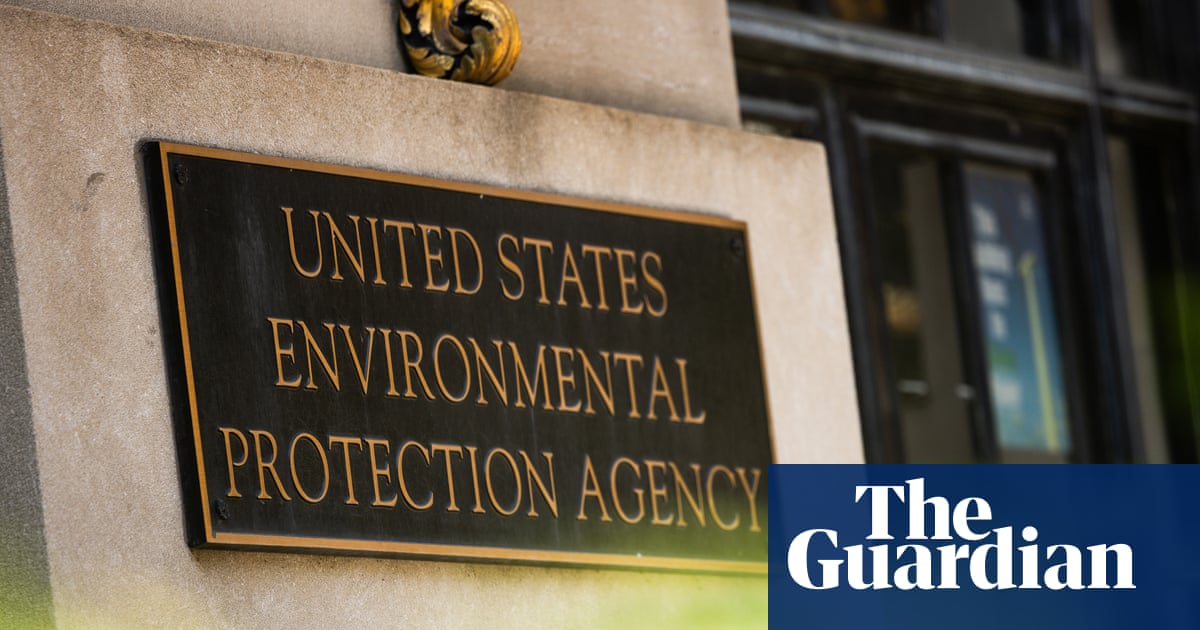

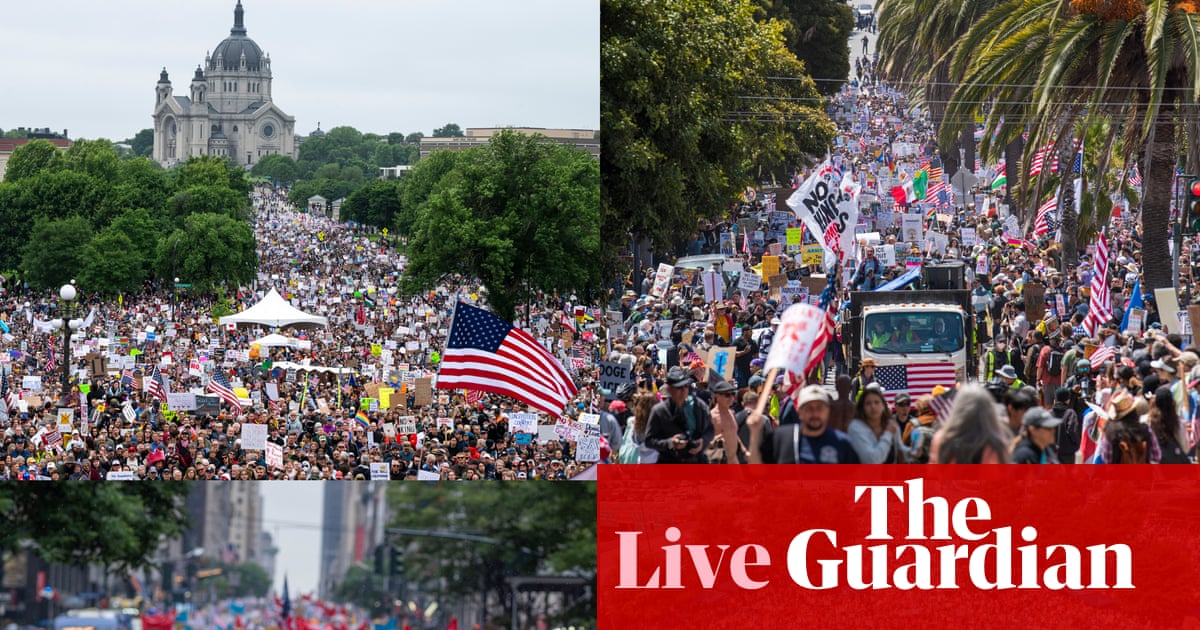
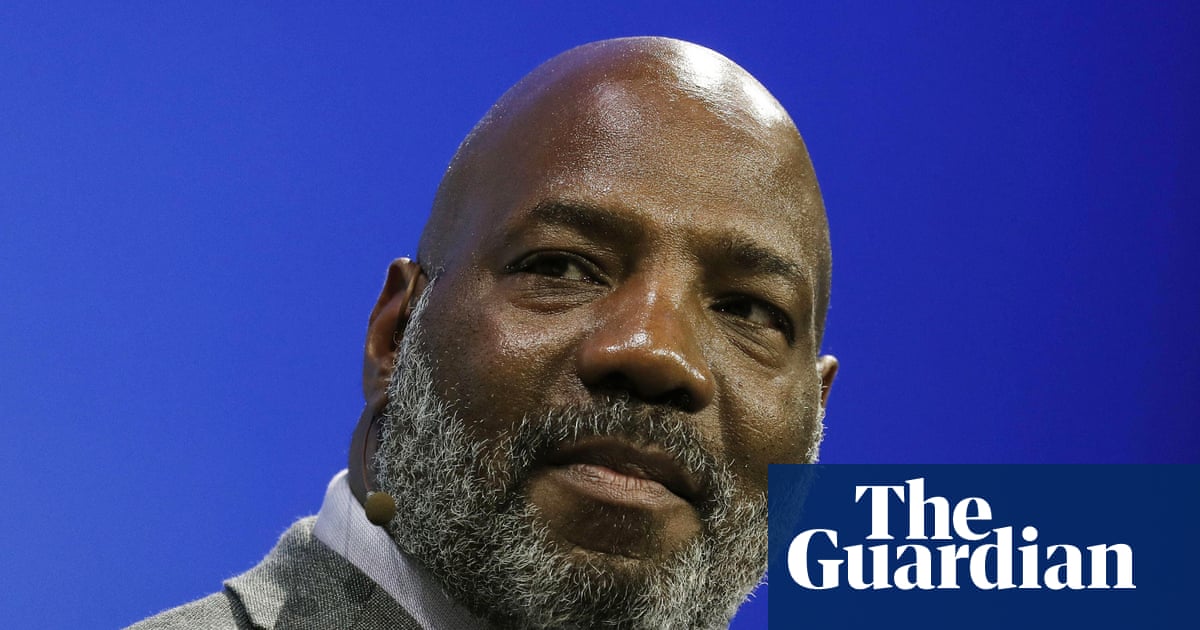


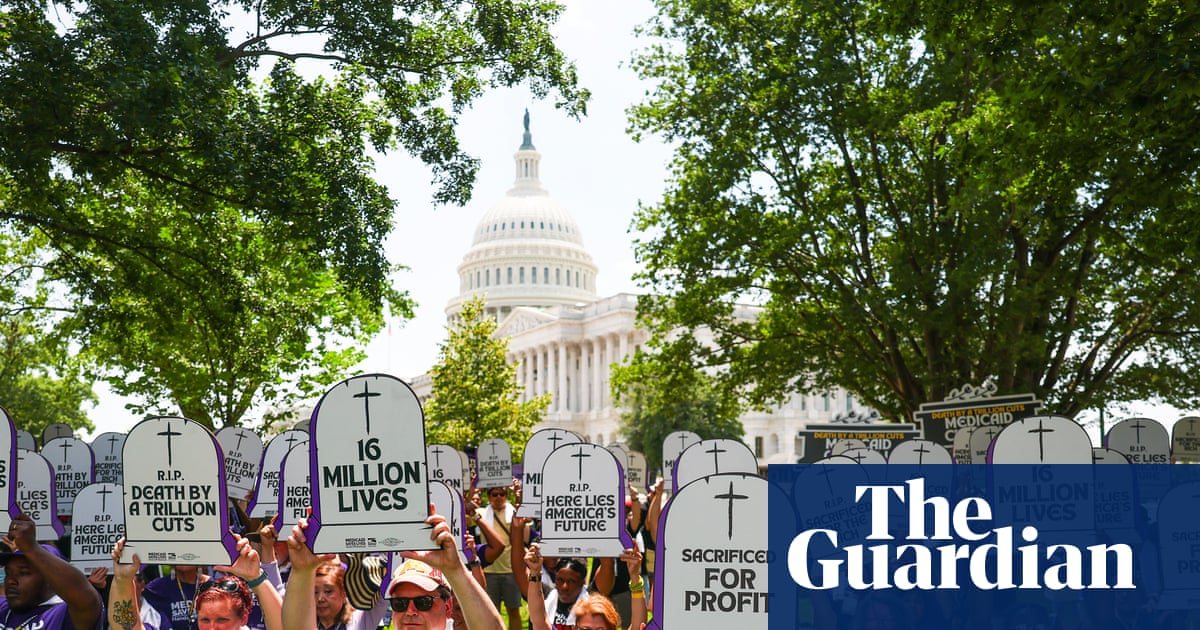



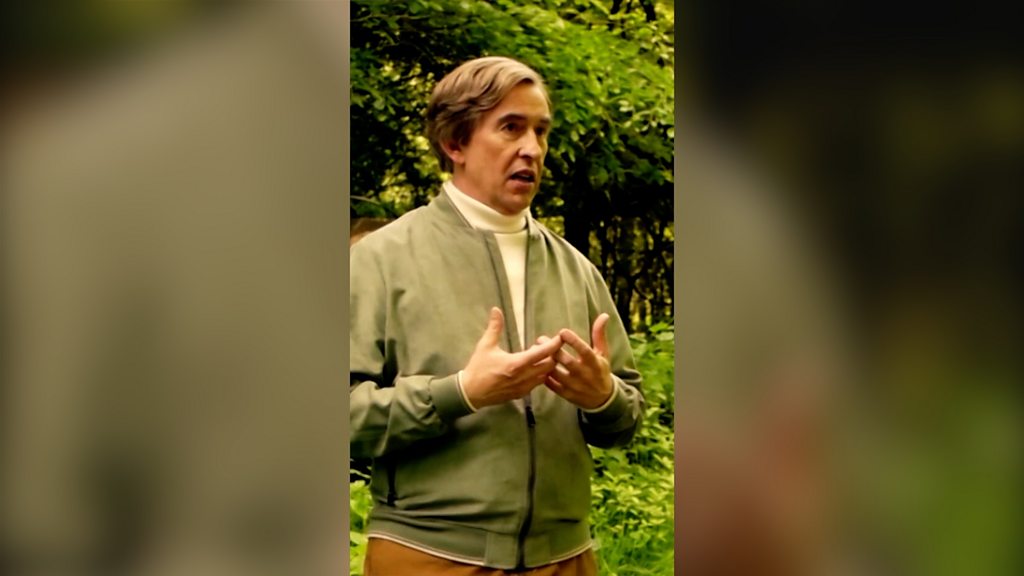


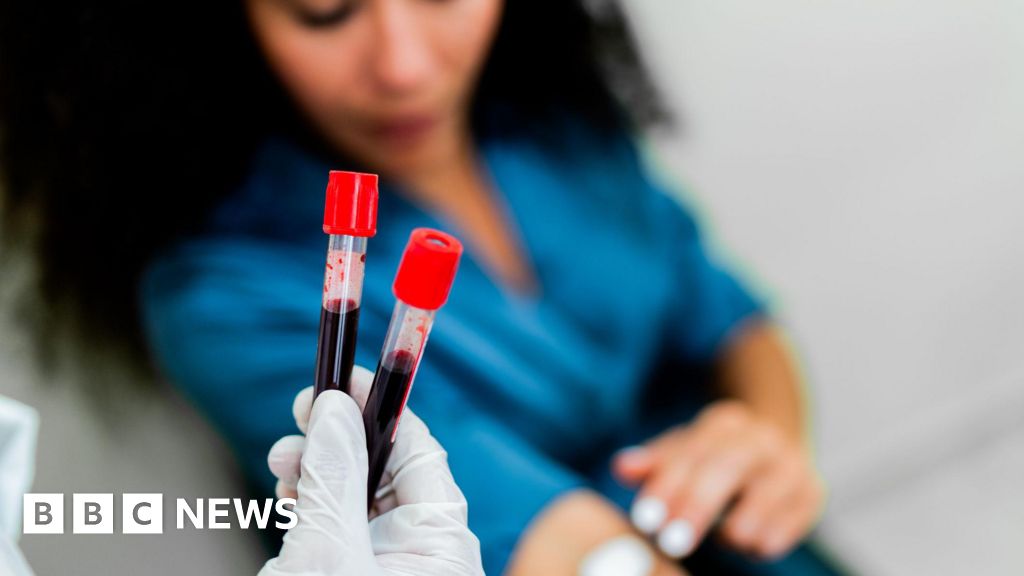




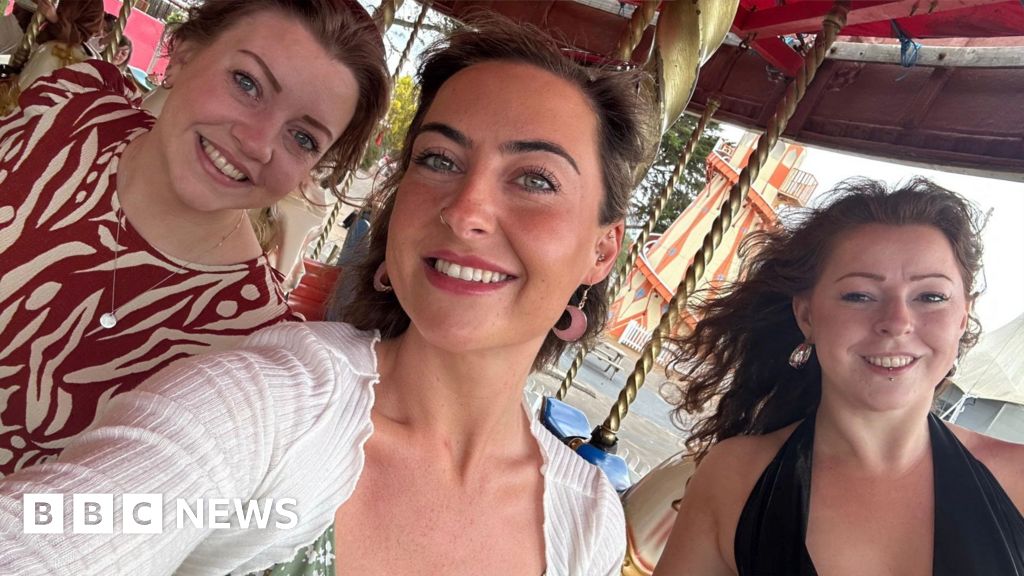



Comments